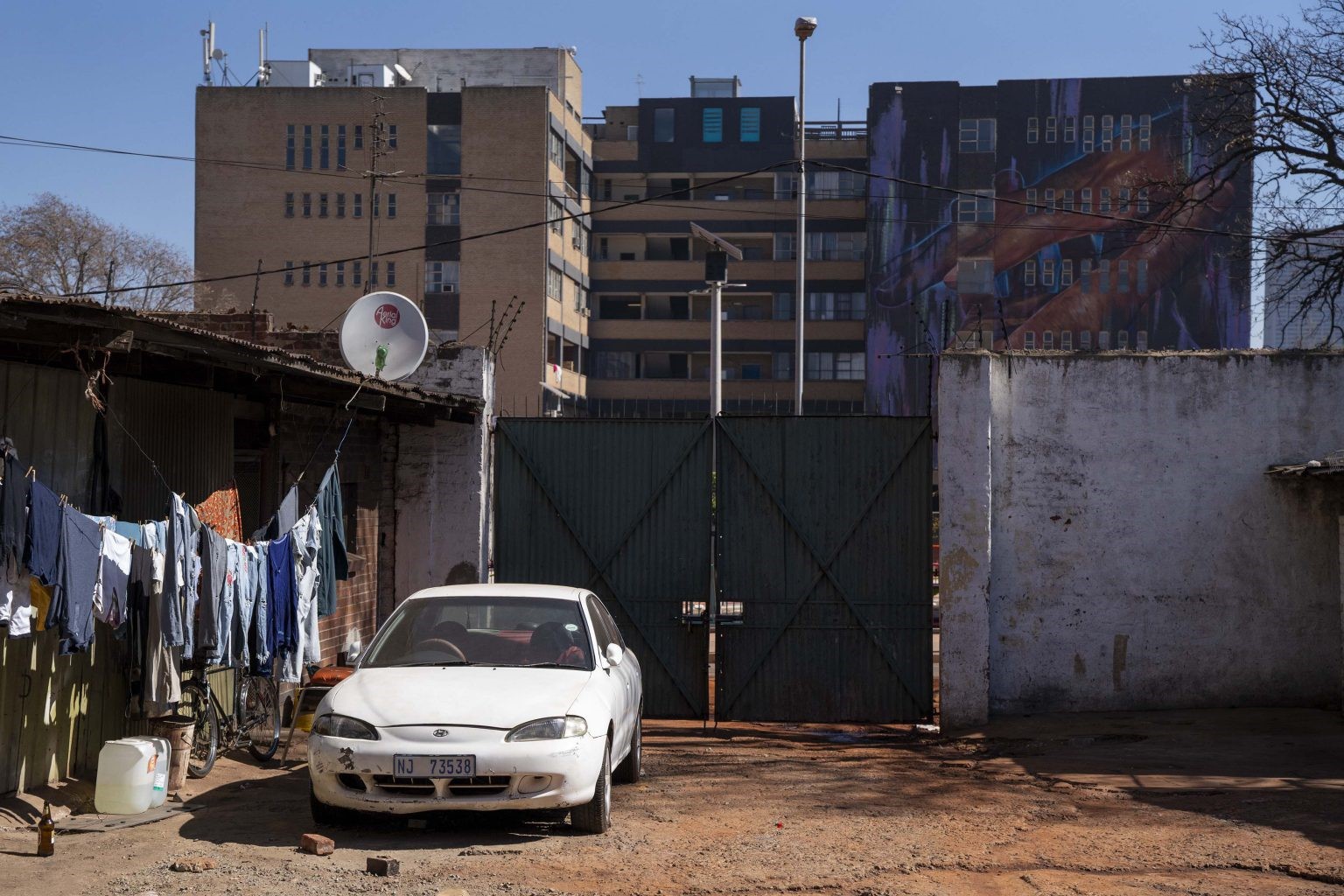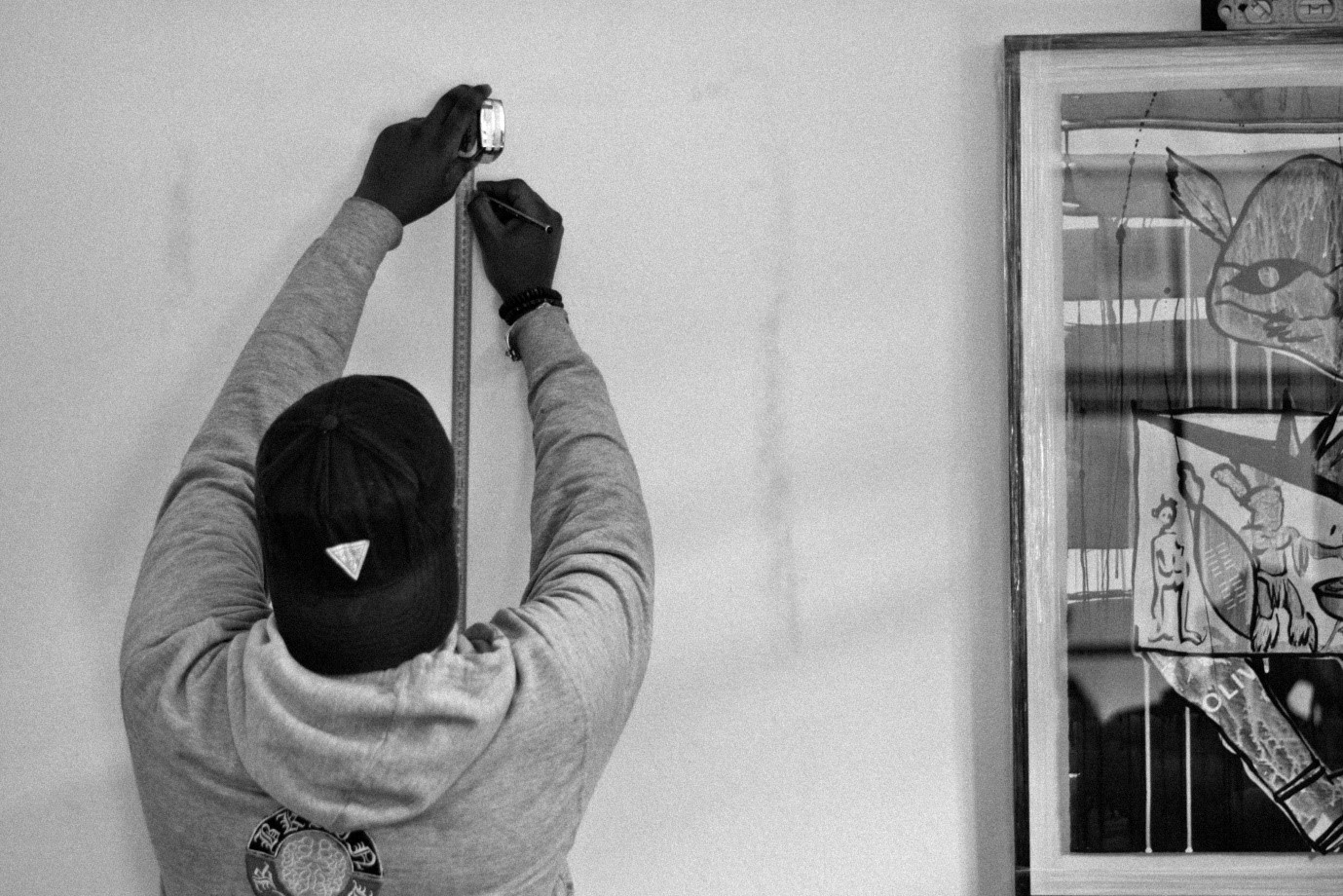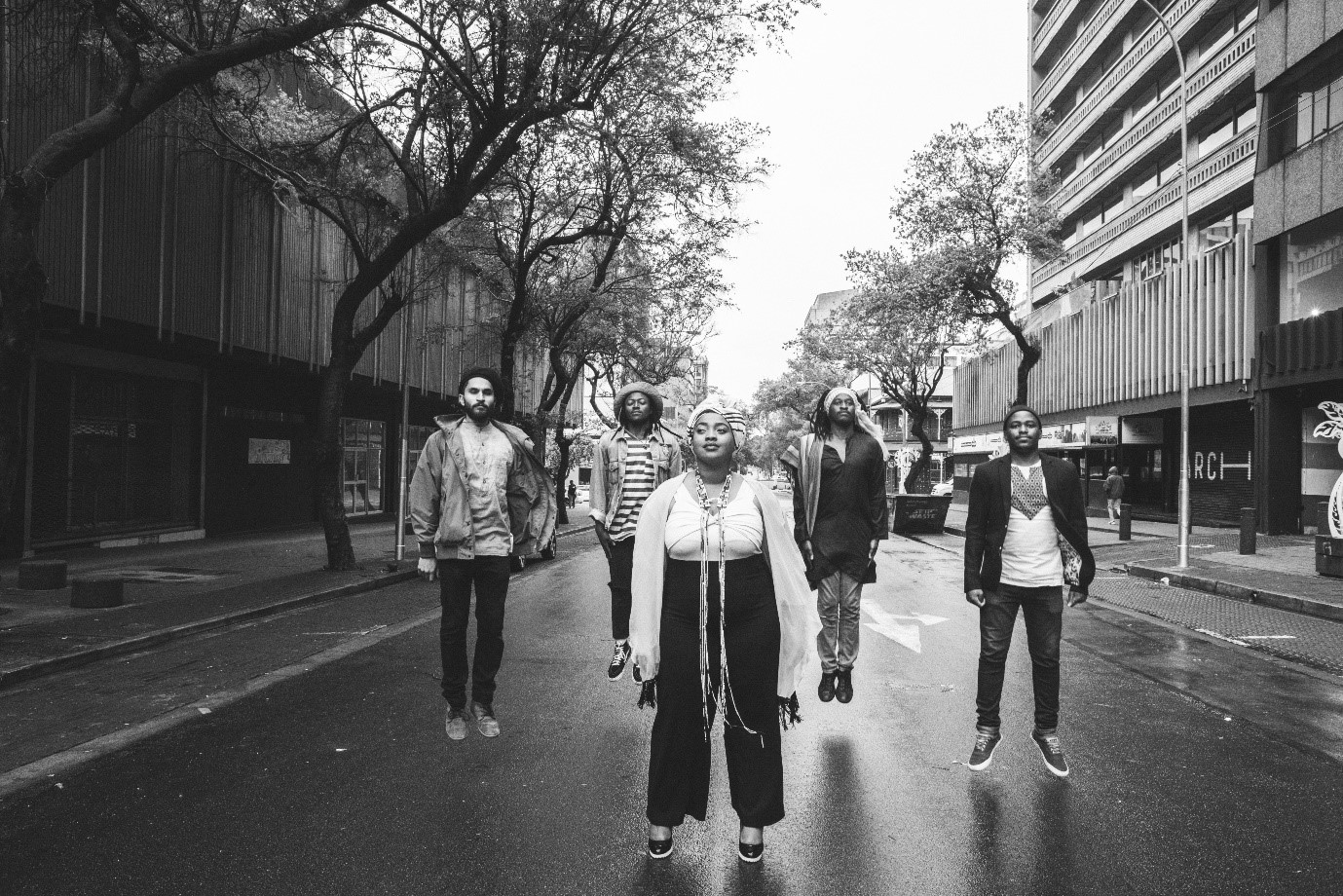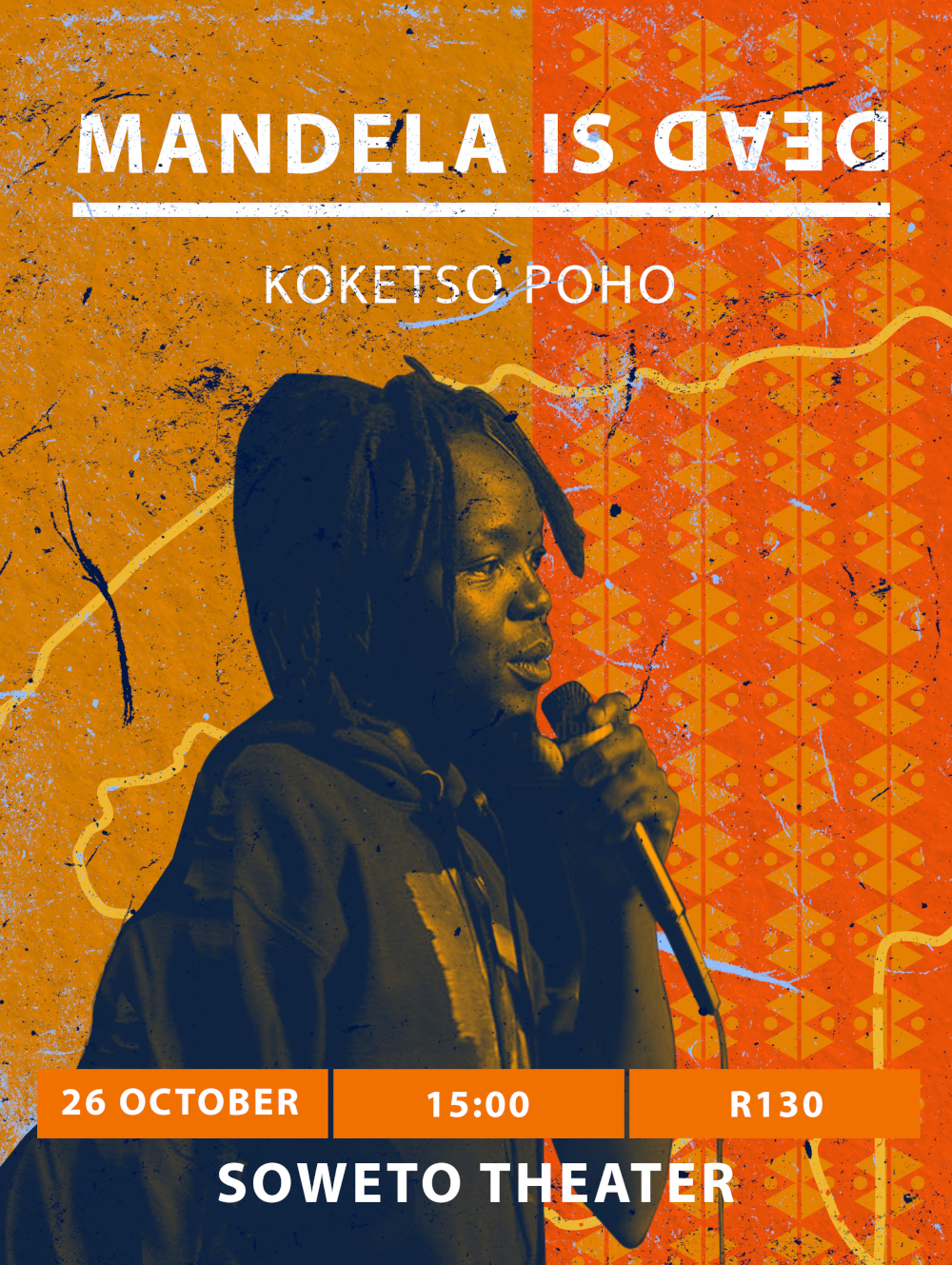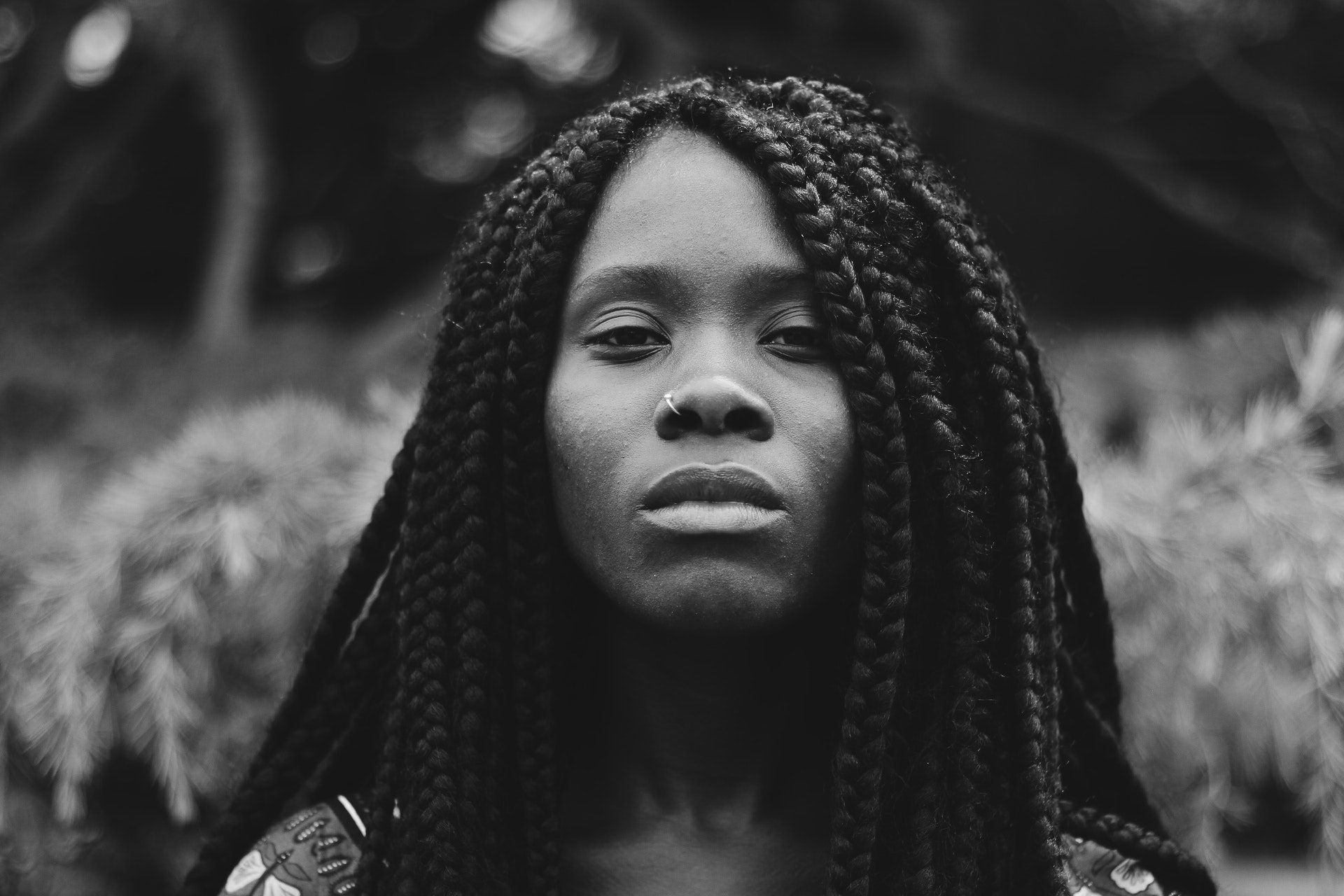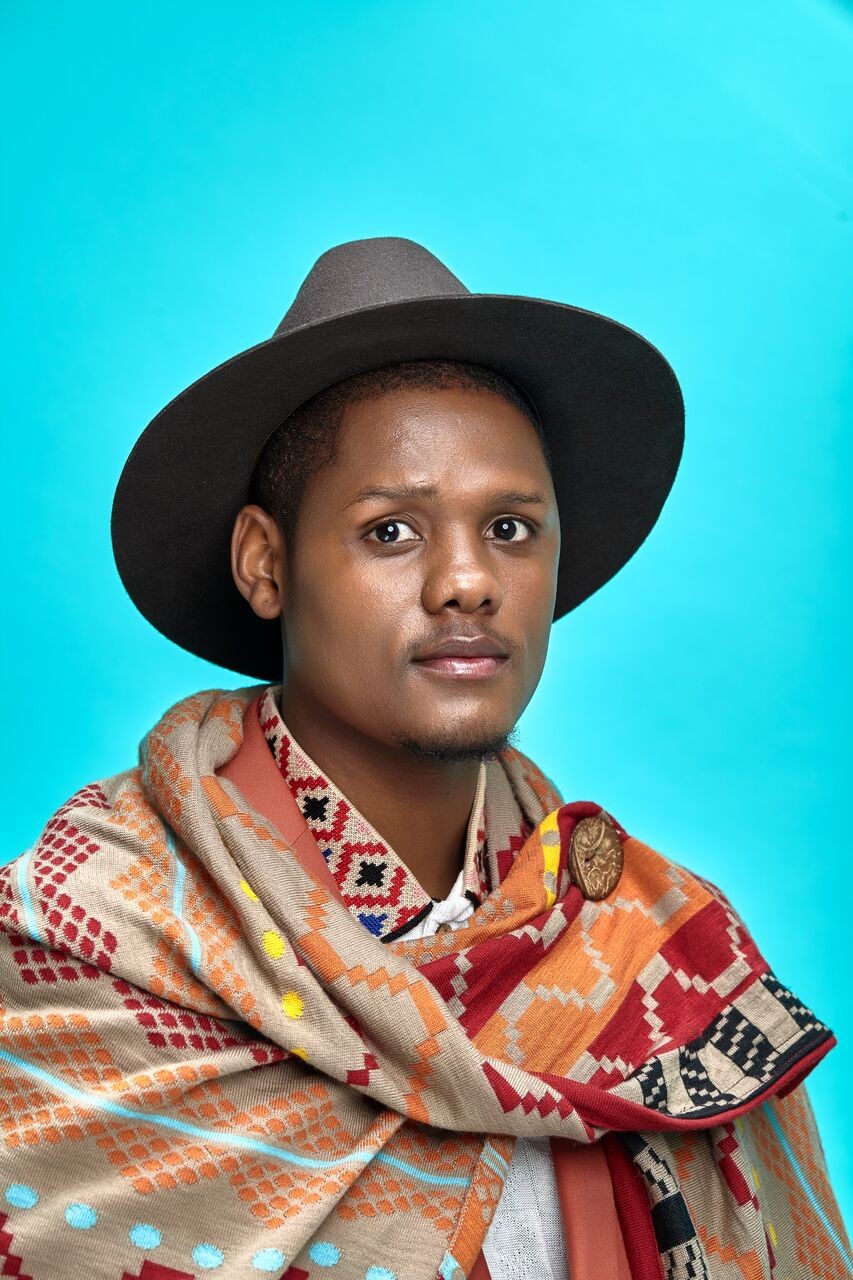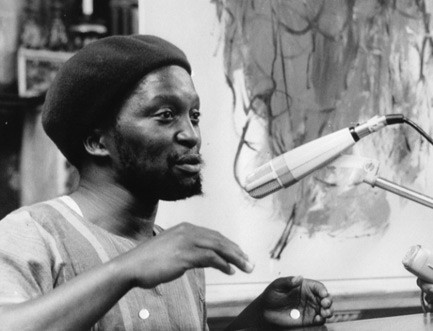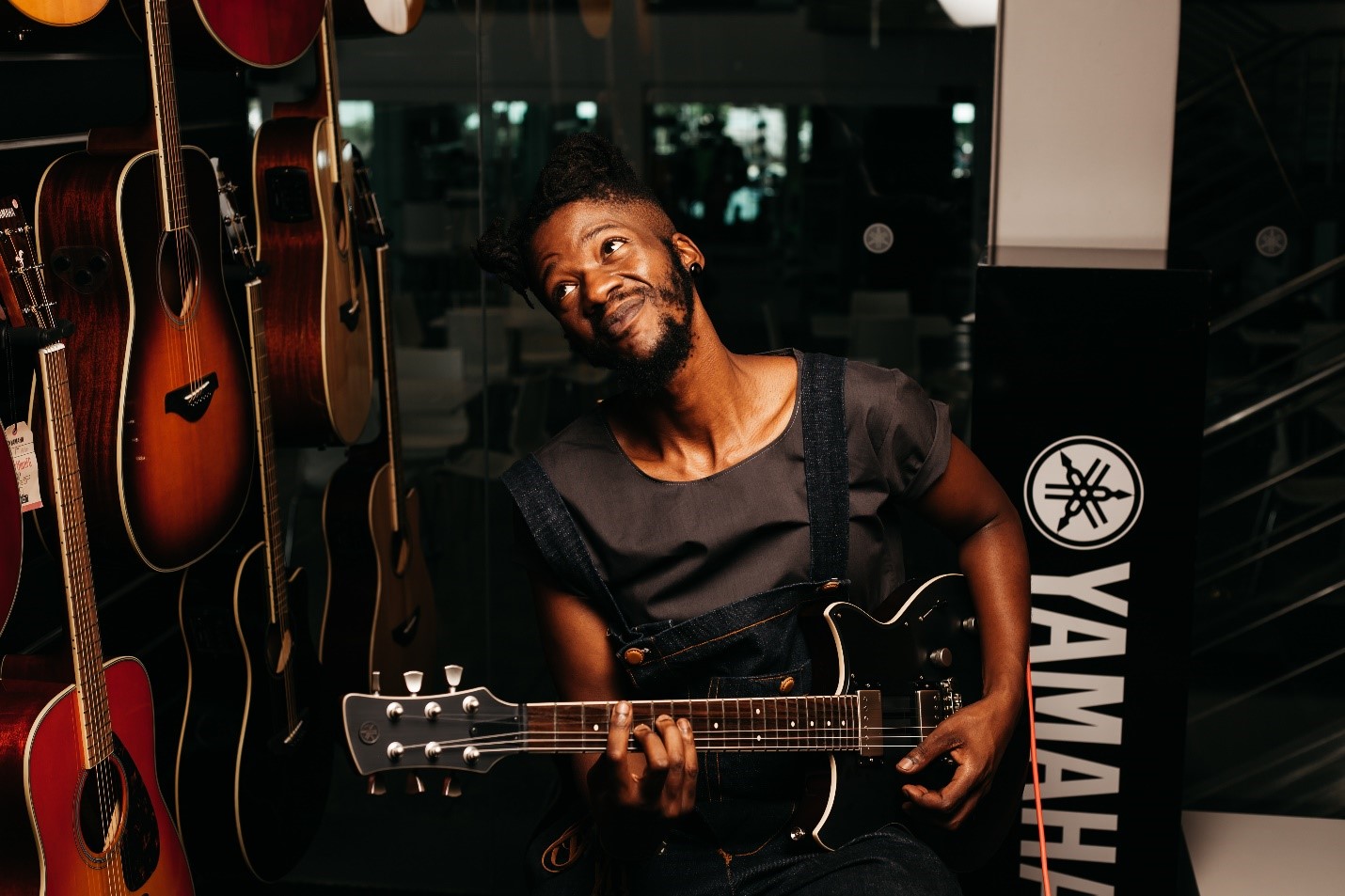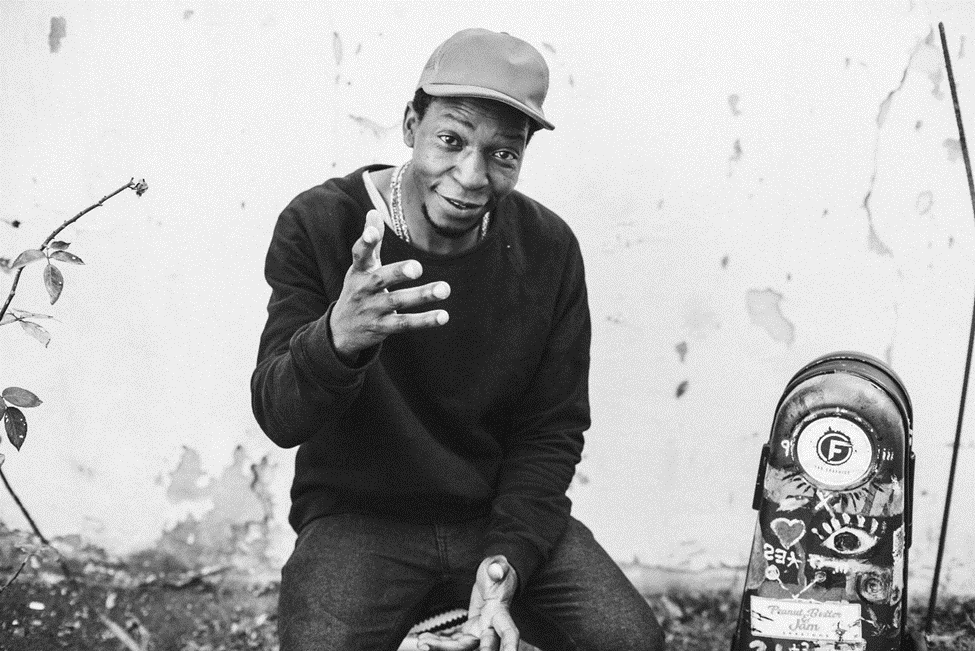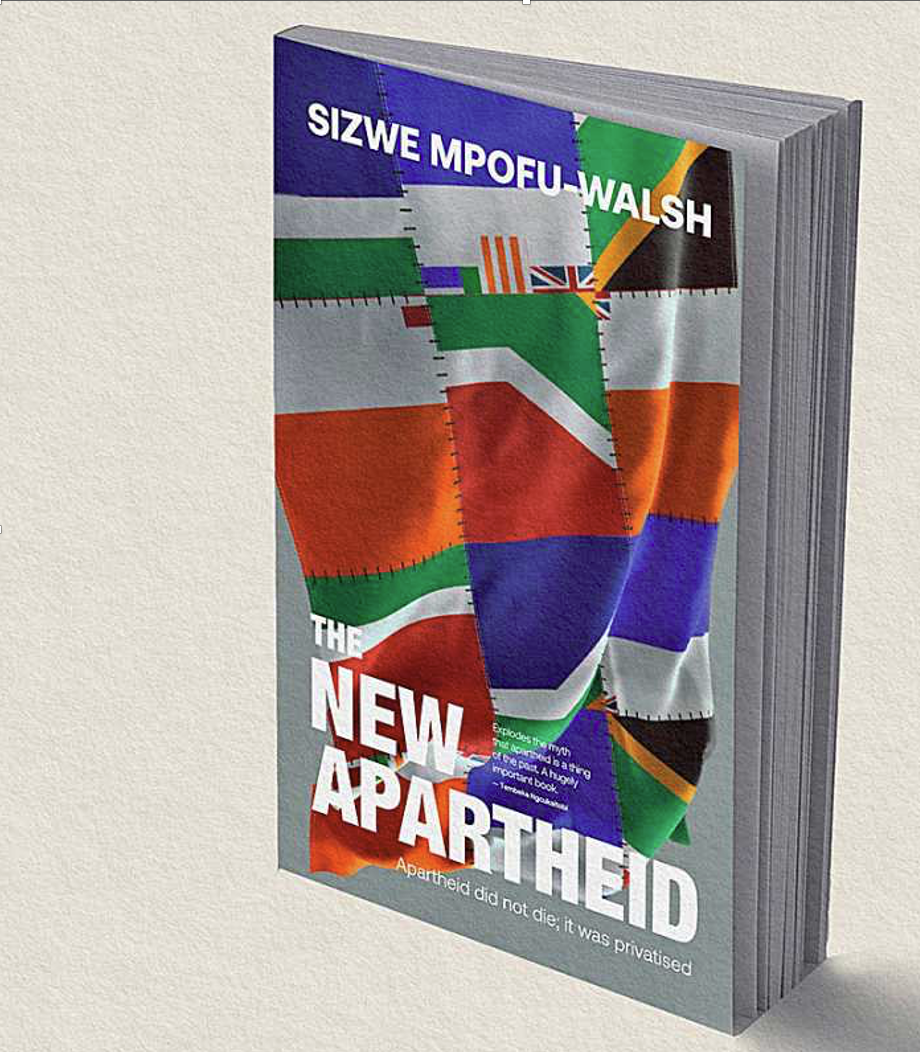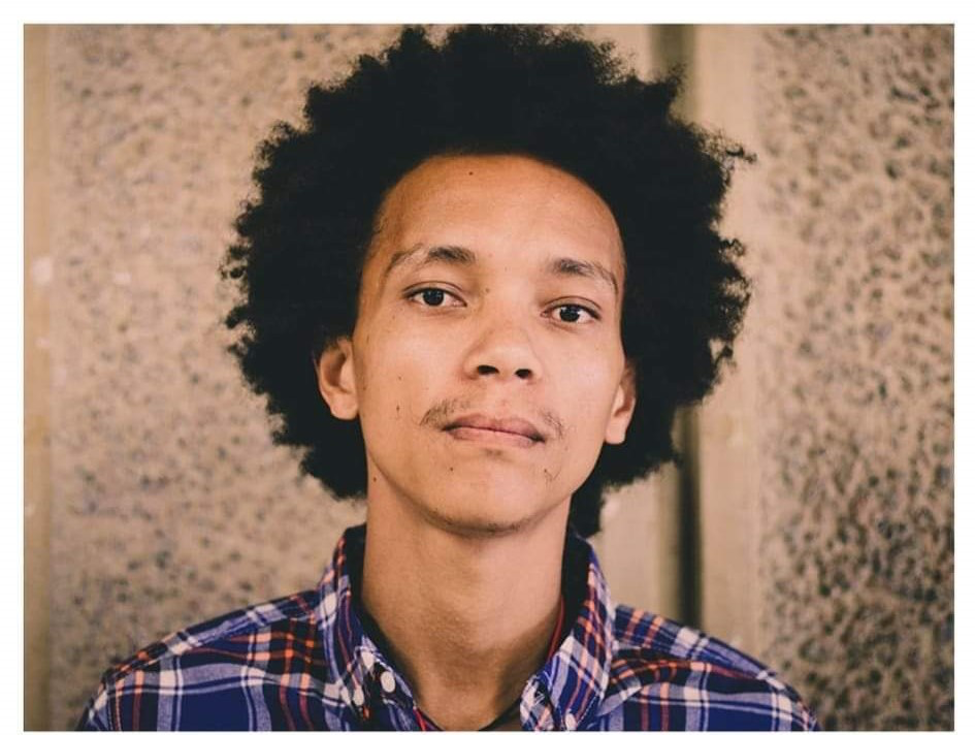In the city, things happen too fast. People talk too much, things are costly. Sometimes they cost money, but most of the time your peace of mind. As Tansi would say, ‘everywhere you look something is putrid’… something is off. But people from the city do not see. Blinded; by the lies and the lights alike. Too busy to look around; always rushing somewhere, where they will get too much of everything. The food, the drinks, the music, the billboards and discords and cars and noise and sex, and drugs and… many other things in excess.
Sometimes they move too fast, rushing nowhere; where they will meet with yesterday’s violence,
same conversations,
passive aggression,
a quiet flat, same couch, empty fridge, different food but no warmth; not home,
rushing nowhere.
existence.
The city people try too hard. Want love but do not know what it is. How do you blame them? There is no love in the city. They want happiness but they forgot how to smile. For too long they have been suspicious, cynical. The city people want to have fun but there is no time for that; factory chimney, hooting taxi, hobo on the corner, morning traffic and the mugging at 5:30pm reminds them that clocks mean nothing in this place. There is no time here. So, come Friday, they meet up; expensive clothes, borrowed cars, borrowed lives, gathering in restaurants, markets and clubs -- all to forget that on Monday they are back to the market, their bodies and souls for sale.
Violence a criminal act; prohibited. But Monday to Friday, 9 to 5 criminal syndicate is permitted. City people work hard for things meaningless, but is there ever anything ‘ful in this place? Everything simulated, no feelings, no caring, no touch. Lovers hold hands to give semblance, in malls, to the movies -- but is it love or is it fear? Fear hovers around the city, chokes it, presses it down and dominates it. There are no friends in the city, just manufactured solidarities and collaborations that are really worth nothing.
Oh the artists in city? Most pretentious
Oh the professionals in the city? Most pathetic
the comrades, most desperate. The church, most sinister! The rats and the child going to school? Most naïve. The brother selling scones from a yellow 20lt bucket, the yelling beggar, the taxi driver, the cleaner in and out of the city; she too has been emptied. She too is pathetic, miserable, destroyed by the city.
Ok,
Here I am thinking, singing and even chanting next to the music of Herbie Tsoaeli titled Work & Wait. I come to this song through the ruminations of art historian Thembinkosi Goniwe. ‘Kefedile mosebetsi jwale ke nyaka chelete’ ‘I have finished working and now I want money’ -- the music maker cries. But this money he talks of is metaphorical; for him money is more than just paper, but a form of acknowledgement that he has done something. It is this acknowledgement that the city does not give. It refuses to recognize what we give and what it takes, any yet it is fully aware that without us it ceases to exist. It insists on using our bodies and, as some would say, our flesh. Whether through violence, exploitation, shame, the spitting on our faces the city knows that we are available, always there to serve it and die for it. It is this death that I think we are constantly working and waiting for. What can we benefit from the city, besides death? We might even already be dead, to the city. That is why we are so disposable to it. So we die waiting -- in taxi ranks, at Home Affairs, in traffic, bank queues, but we die waiting. Always with no option but to work and wait.

Makhafula Vilakazi critiques the township but also shows no love to the city. ‘Igoli liyabanda’ -- it is cold in Johannesburg. The idea of coldness is not only physical but much more about aloneness. The idea that in the city there is nothing/no one. Just bodies; emptied. The African sun with all its rays fails, cold. The spirit wonders without hope of finding anything that will remind it that ours is communal. Makhafula alludes to this: those who claim to be lovers are searching & chasing the warmth of your flesh, anything in your pants: vagina, penis or bank notes shriveled inside your pockets. Friends in the city are lost; lost to themselves. But people in the city tell themselves that they are creating families, holding each other, forging communities. Creating something out of nothing? Is that not what we have always been able to do anyways? Turning pain into art and poverty into culture, emptiness into spirituality and restlessness into dance? But has the ability to do this changed the reality of the situation?
The Soul Brothers, on their timeless song ‘Kwandonga ziyaduma’ were able to capture the mood of a place, revealing something we all knew but were not sure how to say. ‘eGoli eGauteng we mntanami, kwaNdonga ziyaduma, kwanyama kay’pheli kuphela amazinyo endoda, Vuka Sthothobala.’ Whether or not I go back to the city is beyond my control, because for me to survive I need the city. My father, and his father needed the city. The mother in the rurals depends on crumbs sent from the city, news reported from the city, the price of bread is decided in the city. The city is always there, not just as place but as spirit. A spirit that reminds us that our existence is decided for us. Our agency to choose how we live our lives has been taken. Away. By the city. I think I hate the city.

